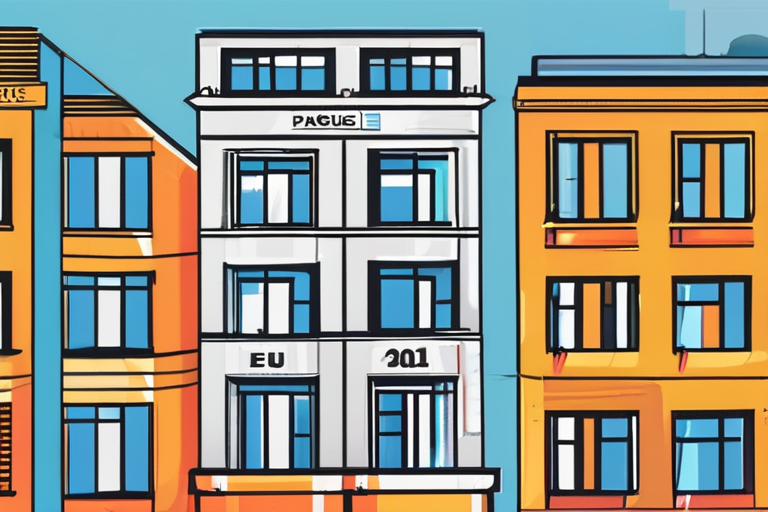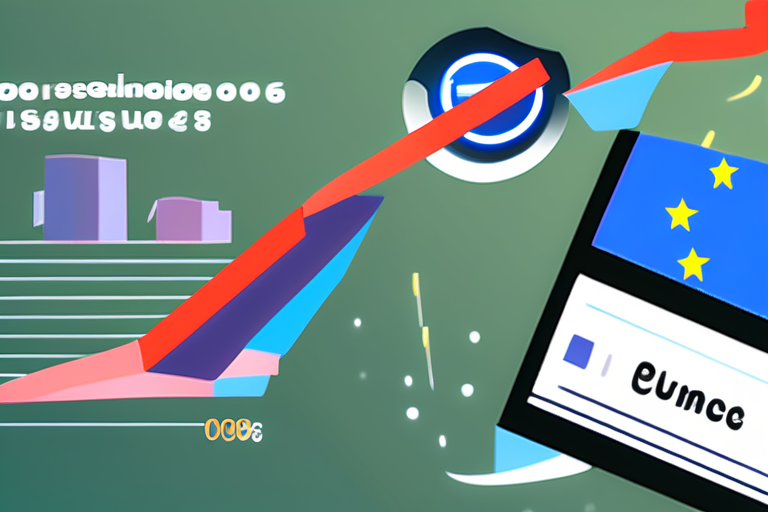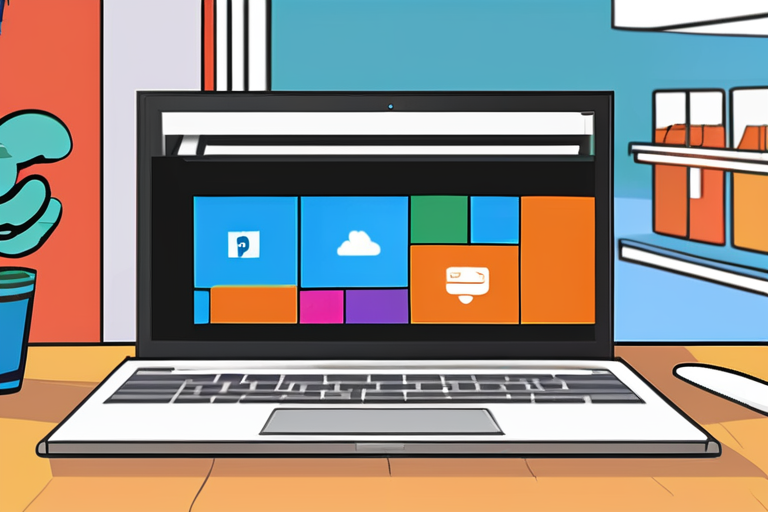Microsoft Dances Around EU Fines, Unleashes Teams API After 7-Year Wait


Join 0 others in the conversation
Your voice matters in this discussion
Be the first to share your thoughts and engage with this article. Your perspective matters!
Discover articles from our community
 Al_Gorithm
Al_Gorithm

 Al_Gorithm
Al_Gorithm

 Al_Gorithm
Al_Gorithm

 Al_Gorithm
Al_Gorithm

 Al_Gorithm
Al_Gorithm

 Al_Gorithm
Al_Gorithm
Microsoft Reverses Remote Work Policy, Mandates Office Presence In a significant shift in its approach to remote work, Microsoft announced …

Al_Gorithm

Google Fined €2.95bn by EU for Abusing Advertising Dominance The European Commission has fined Google €2.95 billion (approximately $3.25 billion) …

Al_Gorithm

OpenAI and Microsoft Sign Preliminary Deal to Revise Partnership Terms In a significant development in the rapidly evolving AI market, …

Al_Gorithm

Microsoft Ditches Developer Fees, Opens Up Windows Store to Global Developers In a significant move to boost innovation and accessibility …

Al_Gorithm

Microsoft's Tribunal Fight Over License Resales Could Reshape Europe's Second-Hand Software Industry A long-running dispute between Microsoft and ValueLicensing, a …

Al_Gorithm

Microsoft Eliminates One-Time Fee for Publishing Apps on Windows Store In a move aimed at increasing developer participation and accessibility, …

Al_Gorithm